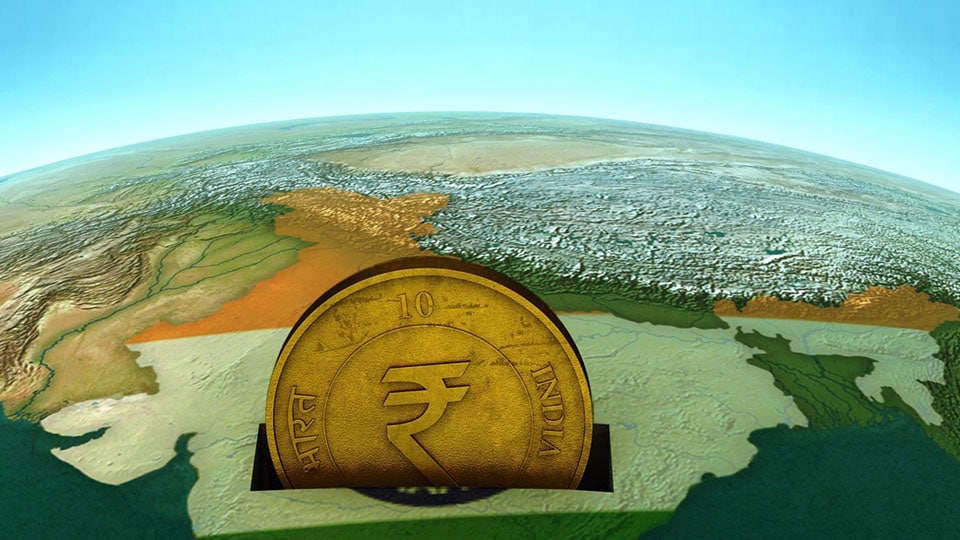Country-wise stock-taking of economic health is a modern annual exercise in many countries across the world, including India. Currently, the index of that feature as it changes either progressively or regressively from a given year to the next is expressed by the term GDP (Gross Domestic Product), regularly appearing in bold print of dailies but not taken note of by lay readers. While India’s GDP is touted to be rising in recent years at a rate receiving accolades from global financial bodies such as the World Bank, International Monetary Fund and Asian Development Bank, all of which are regularly providing funds for carrying out both projects and programmes in the country to sustain welfare of people identified under well-marked sections of society, Prime Minister Narendra Modi has sounded optimistic while setting an annual increment in double digit percent compared to the present rate hovering below eight percent annually. India’s three major sectors namely, agriculture, industry and services are required to strengthen their sinews to a higher degree than at present in order to realise the PM’s optimistic goal. That brings us to the point of debating the factors of merit and mediocrity of India’s human resources, which is truly a melange of both factors.
We are obliged to be vigilant about the volatility of the scenario of life at large seen in different perspectives through the prism of competence to sustain ourselves as time passes. In this context, it may be appropriate to cite the insight provided by the legendary biologist Charles Darwin (1809-1882) in his classical work On The Origin of Species enunciating the principle of survival of the fittest.
Even the uninitiated lay people are able to make out the differences in the levels of excellence or otherwise of achievers or the non-achievers in various fields of human endeavour. Speakers addressing their captive audiences from various platforms to express their lament on the falling standards in virtually all fields such as literature, music, administration, public conduct, education, research, civil works, products of manufacturing industries, processed foods in the consumer market, cinema, services for which public pay as per stipulated in the system, raw materials needed by the construction industry and what have you, is common knowledge.
Criticising the players for their poor track record in any of the aforementioned pursuits doesn’t need knowledge or rocket science as it were. When chips are down, the society gets the products and services its members deserve for their unacceptable laxity. India undoubtedly hosts human resources that the land can create a healthier melange of merit and mediocrity. Where there is a will, there is a way, as the saying goes.








Recent Comments